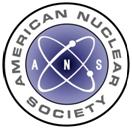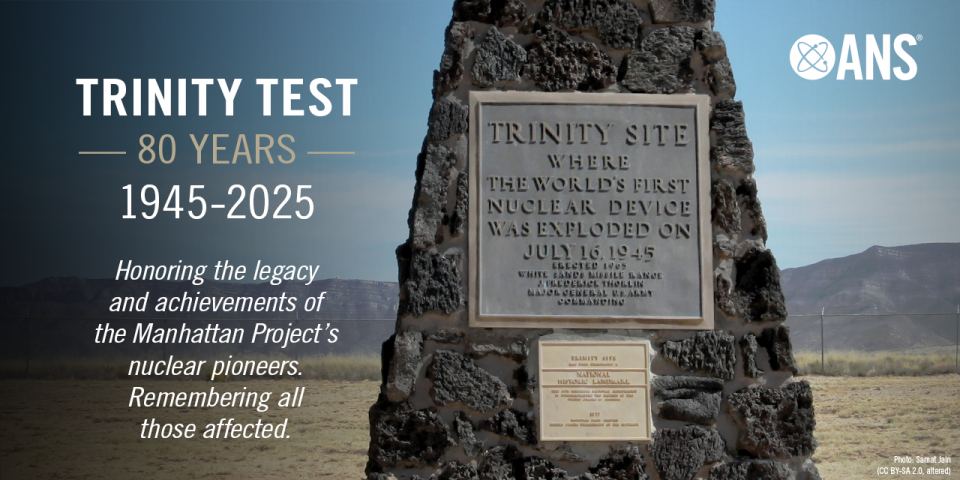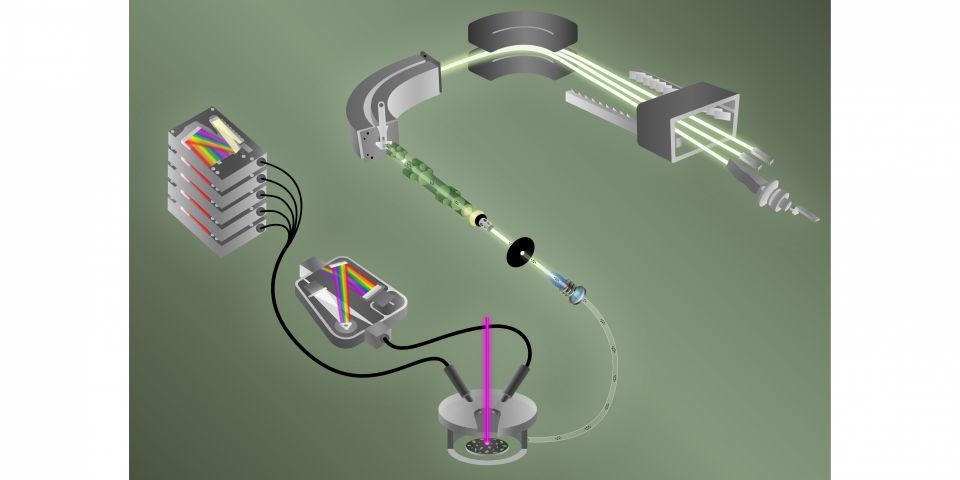U.S. Global Nuclear Leadership Through
Export-Driven Engagement
June 2012
ANS believes the U.S. should remain committed to facilitating an expansion of the peaceful use of nuclear energy through the export of U.S. nuclear goods and services. Exports of nuclear technology provide the U.S. with important nonproliferation advantages, including consent rights on U.S. manufactured nuclear fuel, the ability to control the transfer of nuclear technology, and greater influence in the nuclear policies of U.S. partner nations. The U.S. possesses a strong nuclear technology portfolio and supply chain. The federal government should be an active partner in helping U.S. industry maintain and increase its market share of nuclear goods and services, as U.S. nuclear exports have the attendant benefits of improving global standards of nuclear safety and security and minimizing the risk of proliferation.
ANS believes that the U.S. should work with organizations such as the Nuclear Suppliers Group to limit the spread of enrichment and reprocessing (ENR) technology and that a competitive global market for fuel cycle services strongly discourages the spread of ENR technology. Reasonable assurance of access to fuel and other services needed to operate their nuclear plants can dissuade nations from domestic development and deployment of ENR technology.
The U.S. is one of several nations that are capable of supporting the development of nuclear technology in emerging markets. Those nations are aggressively promoting their nuclear technology with bilateral nuclear trade agreements that generally do not contain ENR prohibitions. Many U.S. partner nations are unlikely to forswear their right to pursue ENR technologies, even if they have no intention to develop them. Any U.S. insistence that its bilateral nuclear trade agreements ban development of indigenous ENR technologies would be counterproductive to its nonproliferation goals and put U.S. technologies at a competitive disadvantage.
In short, a U.S. nuclear export regime that restricts rather than promotes U.S. nuclear trade will ultimately reduce U.S. influence in shaping the safety and security norms of the global nuclear landscape.
In order to enhance U.S. nonproliferation goals through its export policies, ANS recommends that the U.S. government should:
- maintain a flexible approach for negotiating bilateral nuclear trade agreements (also known as 123 Agreements);
- continue developing a coordinated approach to promoting U.S. technology to other nations; and
- ensure U.S. nuclear export policies and procedures are transparent and responsive to the needs of the U.S. nuclear industry.
__________________________
 On Thursday, June 28, the American Nuclear Society's Board of Directors formally adopted a position statement entitled U.S. Global Nuclear Leadership through Export-Driven Engagement. ANS position statements reflect the Society's perspectives on issues of public interest that involve various aspects of nuclear science and technology. The text of the June 2012 position statement is below, and the full list of ANS positions statements can be accessed via the ANS website by clicking HERE.
On Thursday, June 28, the American Nuclear Society's Board of Directors formally adopted a position statement entitled U.S. Global Nuclear Leadership through Export-Driven Engagement. ANS position statements reflect the Society's perspectives on issues of public interest that involve various aspects of nuclear science and technology. The text of the June 2012 position statement is below, and the full list of ANS positions statements can be accessed via the ANS website by clicking HERE.




